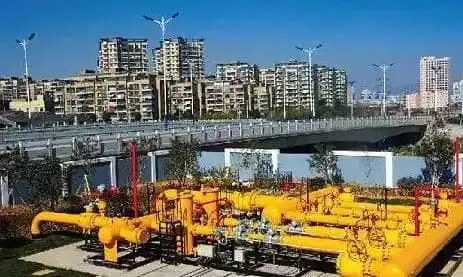Generally, the managers stay in the station or central control room, the pipeline valves are required to be able to automatically cut off when a serious accident, such as a crack, occurs in the pipeline. At the same time, the valve's opening and closing position and opening indicator are required to be accurate and easy to understand, and to meet the appropriate switching speed.
2. Large output torque of actuator, explosion-proof
Due to high pressure, large diameter and fast switching time of pipeline conveying, the pipeline valves need to adopt high-torque driving device, which has explosion-proof requirements, such as EExdllBT4, protection grade IP68.
3. Low emission
As for as leakage is concerned, we have very strict requirements towards natural gas valves, usually the buried or more important valves are all of welded construction. To ensure the sealing performance, the sealing faces are required to have excellent corrosion resistance, wear assistance, self-lubricity and elasticity. PTFE, Teflon, Nylon, NBR, Viton, etc. are the common material used for sealing.
4. Materials with corrosion resistance
Natural gas transported by pipeline contains a large amount of H2S before desulfurization, which is a toxic and corrosive gas. And even after desulfurization and other processes, H2S is still remained in natural gas. Therefore, for pipeline valves, we must choose materials with corrosion resistance.
5. Long service life
Once the pipeline valves are put into operation, it is not allowed to stop within a few years. If the valves connected in series on the pipeline don't work properly, the consequences would be unimaginable. Generally, the trunk pipeline valves require a service life of more than 30 years.

